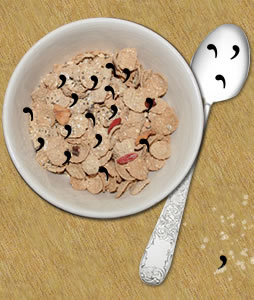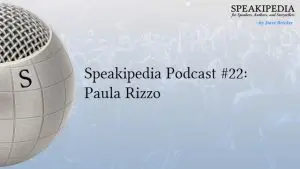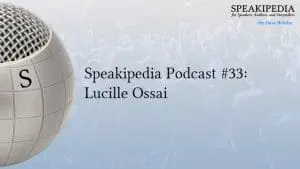 The Oxford comma, or serial comma is a subject of constant debate among writers. Do we need that comma before the last item on a list? Even without a list, the comma is an important determiner of meaning.
The Oxford comma, or serial comma is a subject of constant debate among writers. Do we need that comma before the last item on a list? Even without a list, the comma is an important determiner of meaning.
Time to eat children.
A comma after “eat” will better support your petition for unsupervised visitation.
Proponents of the Oxford comma (which include MLA, CMOS, and Strunk & White) regard the comma as a logical grouping device.
The teams wore jerseys colored red, blue, green, black and orange.
Four color schemes or five?
The teams wore jerseys colored red, blue, green, black, and orange.
Hungry?
I ordered steak, wine and cake.
A comma after “wine” will keep the frosting out of your champagne.
When hiring an editor, choose the very best:
I’d like to thank my editors, Mark Twain and Herman Melville.
This next example not only mischaracterizes Kim, it overestimates her age and makes inappropriate assumptions about her hobbies. A comma after “mummy” will eliminate confusion and probably a libel suit.
Highlights of his journey include a visit with Kim Kardashian, a 4000-year-old mummy and a collector of sex toys.
Opponents of the serial comma suggest less ambiguous wording and common sense as alternatives. The absurdity of the inference that Twain and Melville are your editors, or that your cake and wine are combined should be enough to alert even the most blockheaded reader of the writer’s intentions. If the highlights of the journey included visitS (plural), the meaning would be clear. If a comma indicates a pause—even a subtle one—an added comma is like an unnecessary speedbump in a sentence. With a bit of reworking, meanings can be made clear without requiring a serial comma:
I’d like to thank Mark Twain, Herman Melville and my editors.
The serial comma is accepted practice, and it offers an easy way to keep listed items in their appropriate buckets. Many typographers like the “balanced distribution” of commas throughout a list.
Whatever your preference, do what the style guide dictates. When on your own, consistency is more important than choosing a particular grammar camp. Whether you use the Oxford comma or not, avoid ambiguity. The serial comma is one solution—but not the only solution—to the problems of creating logical groupings and ensuring that what is spoken about is safely separated from who is spoken to.





